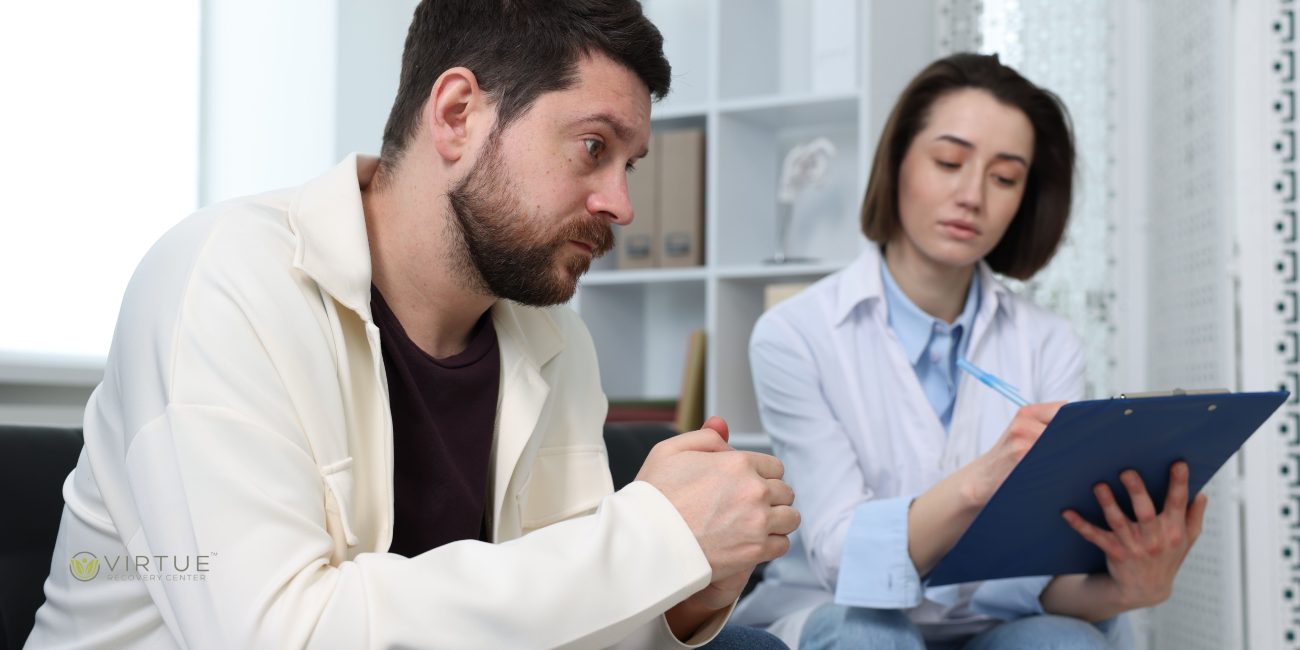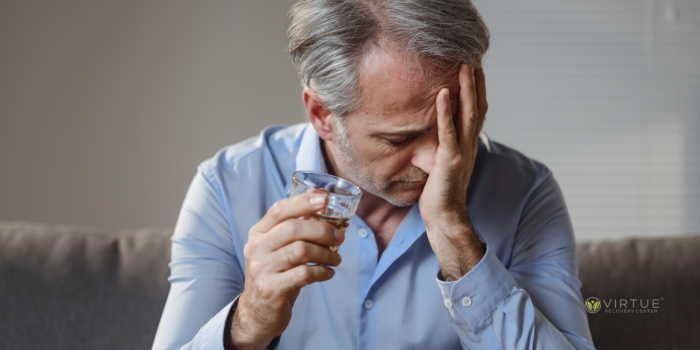Key Takeaways:
- BIPOC men who use PCP to deal with trauma have a lot of complicated problems that need specialized solutions.
- For long-term recovery, addiction treatment must be trauma-informed and culturally aware.
- Better results come from integrated care, which means treating PTSD and substance use at the same time.
- Therapy, detox, peer groups, and rehab settings (like alcohol addiction rehab in Sun City West) are all examples of supportive environments that can help people heal.
- Learning about how dopamine, trauma, and the brain’s reward systems affect PCP addiction gives people the power to recover.
Introduction
When Black, Indigenous, and other People of Color (BIPOC) men use PCP (phencyclidine) to deal with trauma and then go to rehab, they need to deal with both their drug addiction and the trauma that caused it. People who misuse PCP often start using it to deal with painful things that happened in their childhood, like stress from being a person of color or being a victim of violence. This leads to a cycle that needs professional help and caring. The Substance Abuse and Mental Health Services Administration notes that BIPOC communities face disproportionately high rates of trauma-related substance use, especially with hallucinogens like PCP.Men of color in Phoenix, Mesa, Tempe, and Scottsdale who want to get help with their PCP addiction often face systemic stigma and a lack of services that are culturally appropriate. Getting addiction treatment that respects your cultural identity and personal history is important for long-term recovery and mental health.How Does Trauma Make BIPOC Men Use PCP?
Trauma, like being a victim of racism, violence, or stress from one generation to the next, greatly raises the risk. Studies show that people who have been through trauma often turn to drugs like PCP to help them deal with their emotions. The National Center for PTSD highlights how trauma and substance misuse are deeply connected. For BIPOC men, using drugs or alcohol to deal with trauma can be made worse by being socially isolated and not having access to culturally appropriate care.What Makes It So Hard To Stop Using PCP?
PCP is a strong hallucinogenic and dissociative drug that messes with dopamine and perception pathways. Using drugs over and over again makes you tolerant, dependent, and compulsively look for drugs. Withdrawal symptoms can be very bad and painful. They can include anxiety, hallucinations, irritability, and physical agitation. Also, the FDA has not approved any drugs to treat PCP addiction. Instead, behavioral therapies and support groups are the best ways to get better. As the National Library of Medicine explains, dopamine dysregulation plays a major role in why PCP is so addictive, especially for individuals with a trauma history.
Why Is It Important To Treat PTSD And Substance Abuse At The Same Time?
There is a lot of evidence that concurrent treatment, or treating PTSD and addiction at the same time, is the best option, especially for people who use PCP because of trauma. Models of integrated care, such as Cognitive Processing Therapy or Prolonged Exposure combined with CBT, help people stay sober and heal for good. The Centers for Disease Control and Prevention also emphasizes that early intervention for youth and trauma survivors significantly reduces the likelihood of long-term substance dependency.What Does Rehab That Is Trauma-Informed And Culturally Responsive Look Like?
For BIPOC men, addiction treatment that is culturally sensitive includes:- Therapists who know about racial trauma and the past
- Culturally matched mentors can help each other out
- Group therapy rooms that support cultural identity
- Combining trauma-focused psychotherapy
How Do Programs Like The Alcohol Detox Program And The Drug Detox Program Help With Treatment?
The first step is detox. An Alcohol Detox Program is very important for dealing with physical dependence. However, detox protocols for other drugs, like PCP, are similar in that they require medical supervision, stabilization, and withdrawal management. A Drug Detox Program also helps people safely stop using PCP and other drugs. These programs give people a place to start moving on to longer-term therapies that are based on trauma and peer support.What Part Does Education, Like “Addiction Explained: How Dopamine Fuels Drug Abuse,” Play?
Learning about the brain biology of addiction gives you power. Addiction Explained: How Dopamine Fuels Drug Abuse and other resources help clients understand why they want PCP. They learn how trauma takes over dopamine reward circuits, making compulsive use worse, and why behavioral therapies that change how people think are so important for recovery.How Can Trauma Therapy Address Addiction Issues Among BIPOC Men?
Navigating trauma therapy for gen z creators is crucial in addressing addiction issues among BIPOC men. By focusing on the unique challenges they face, therapy can help uncover underlying trauma, enabling individuals to develop healthier coping mechanisms. This personalized approach fosters resilience and supports sustainable recovery in a culturally sensitive manner.









